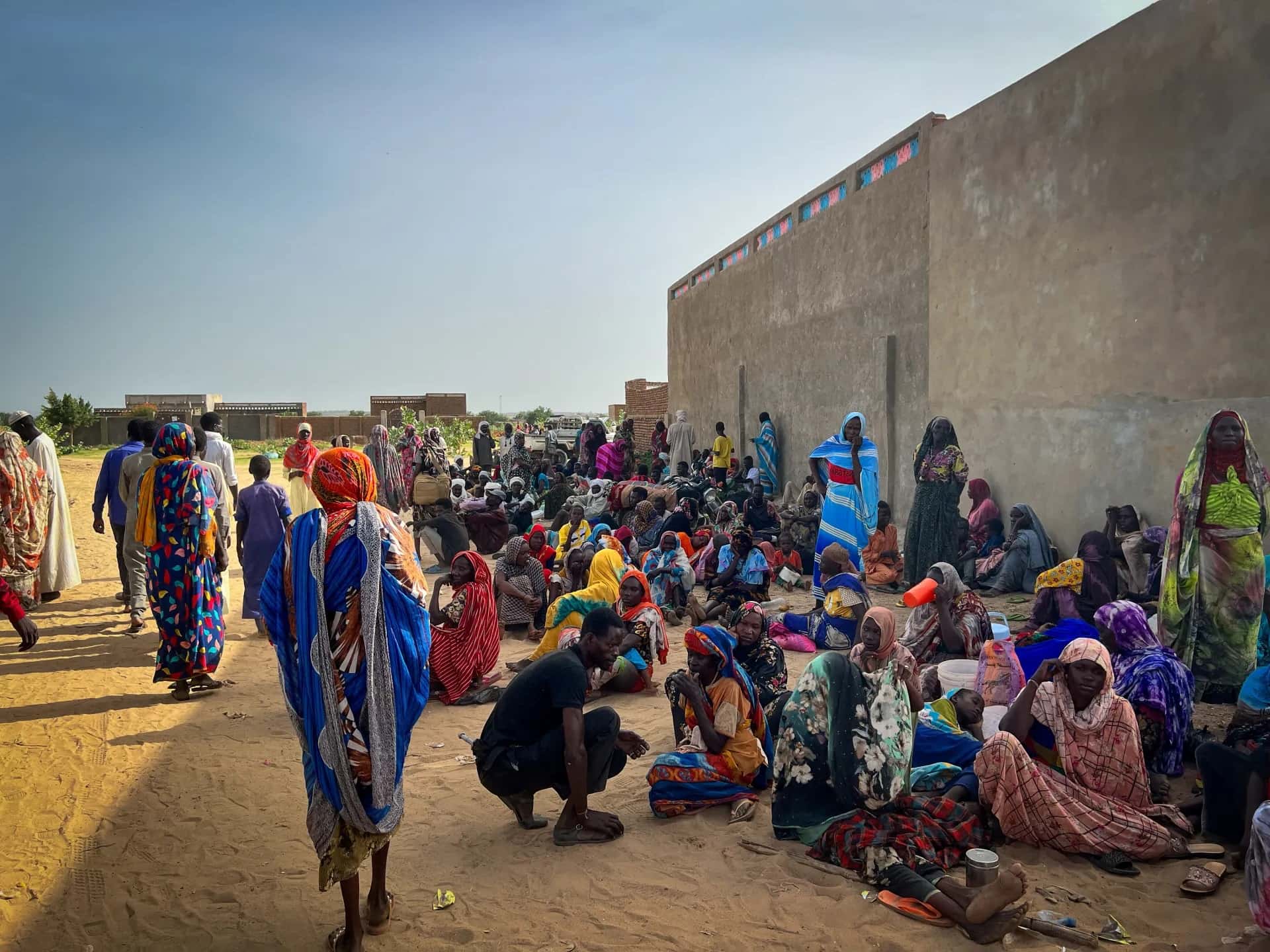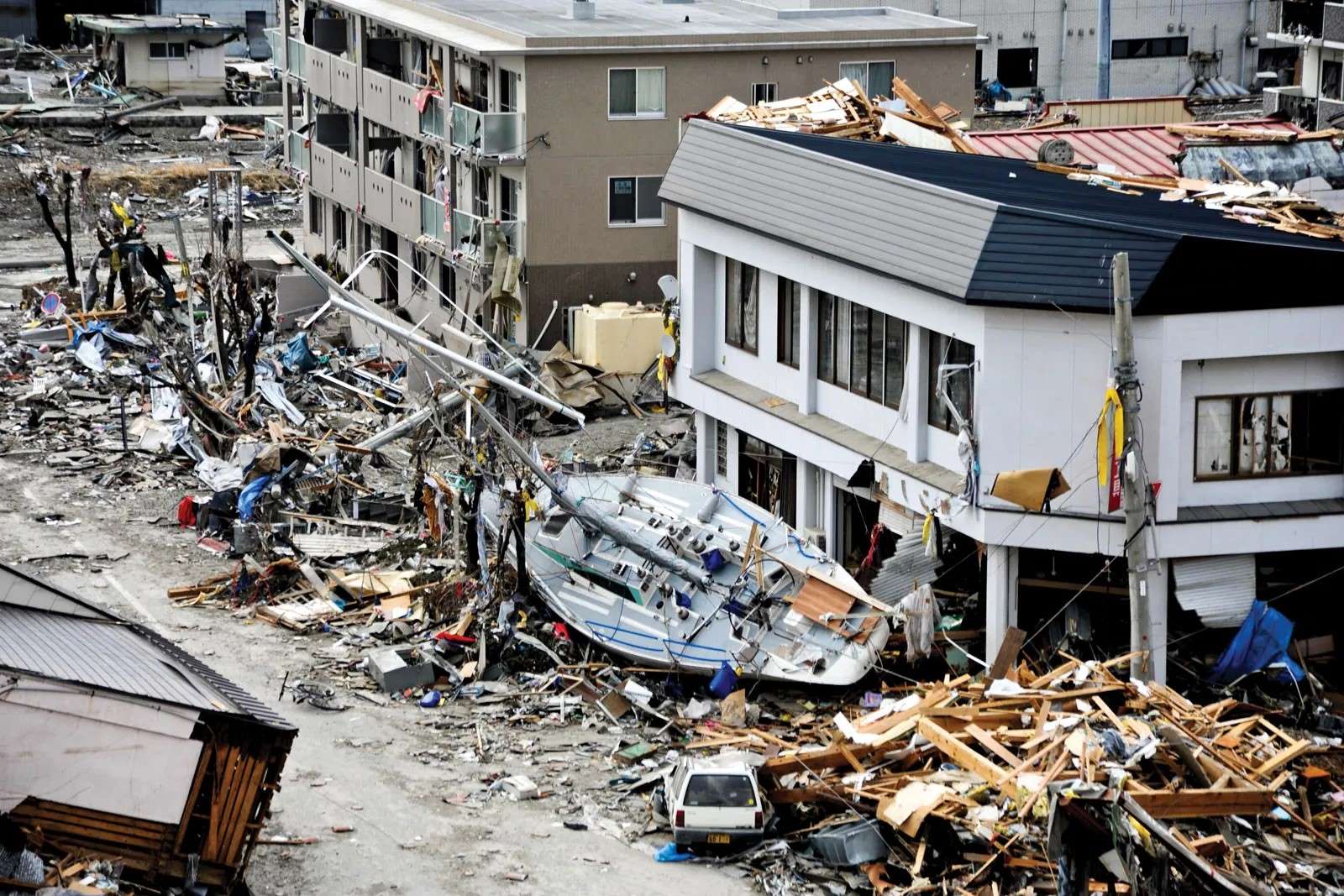
Sudan is a country rich in history, culture, and natural beauty. Nestled in northeastern Africa, it boasts a diverse landscape that includes deserts, mountains, and the Nile River. Did you know that Sudan is home to more pyramids than Egypt? These ancient structures, found in the region of Nubia, are a testament to the country's historical significance. Sudan's capital, Khartoum, is where the Blue and White Nile rivers meet, creating a stunning confluence. The nation has a vibrant mix of ethnic groups and languages, reflecting its complex social fabric. From its ancient civilizations to its modern-day challenges, Sudan offers a fascinating glimpse into the heart of Africa. Whether you're interested in archaeology, culture, or natural wonders, Sudan has something to captivate everyone.
Key Takeaways:
- Sudan, a diverse country in Africa, has the world's longest river, the Nile, and stunning landscapes. It's rich in history, with more pyramids than Egypt, and has a vibrant culture with delicious cuisine.
- Despite facing challenges, Sudan is making progress in peace, women's rights, and healthcare. It celebrates Independence Day with parades and has a rich tradition of storytelling.
Geography and Nature
Sudan, a country in northeastern Africa, boasts diverse landscapes and natural wonders. Here are some fascinating geographical facts about Sudan.
- Sudan is the third-largest country in Africa, covering an area of approximately 1.86 million square kilometers.
- The Nile River, the world's longest river, flows through Sudan, splitting into the Blue Nile and White Nile.
- Sudan's highest point is Mount Kinyeti, standing at 3,187 meters in the Imatong Mountains.
- The Red Sea coast of Sudan stretches for about 853 kilometers, offering stunning marine biodiversity.
- Sudan is home to the Nubian Desert, a vast arid region in the northeastern part of the country.
History and Culture
Sudan has a rich history and vibrant culture influenced by various civilizations and traditions. Let's explore some historical and cultural facts.
- Ancient Nubia, located in present-day Sudan, was one of Africa's earliest civilizations, dating back to around 3500 BCE.
- Sudan has more pyramids than Egypt, with over 200 pyramids in the ancient city of Meroë.
- The Kingdom of Kush, an ancient Sudanese kingdom, ruled over Egypt during the 25th Dynasty.
- Arabic is the official language of Sudan, reflecting its historical ties with the Arab world.
- Sudanese cuisine features dishes like ful medames, a fava bean stew, and kisra, a type of flatbread.
Wildlife and Biodiversity
Sudan's diverse ecosystems support a wide range of wildlife species. Here are some interesting facts about Sudan's biodiversity.
- Sudan is home to the Dinder National Park, a UNESCO Biosphere Reserve known for its diverse wildlife.
- The country hosts several endangered species, including the African wild dog and the Nubian giraffe.
- Sudan's wetlands, such as the Sudd, are crucial habitats for migratory birds.
- The Red Sea coral reefs off Sudan's coast are among the most pristine in the world.
- Sudan's savannas and grasslands support large populations of elephants, lions, and antelopes.
Economy and Resources
Sudan's economy is shaped by its natural resources and agricultural activities. Here are some economic facts about Sudan.
- Sudan is one of Africa's largest producers of gum arabic, a key ingredient in soft drinks and pharmaceuticals.
- The country has significant oil reserves, primarily located in the south.
- Agriculture employs about 80% of Sudan's workforce, with crops like sorghum, millet, and wheat being staples.
- Sudan's gold mining industry has grown rapidly, making it one of the largest gold producers in Africa.
- The Blue Nile and White Nile rivers are vital for Sudan's irrigation and hydroelectric power.
Politics and Government
Sudan's political landscape has undergone significant changes over the years. Here are some key political facts.
- Sudan gained independence from British-Egyptian rule on January 1, 1956.
- The country experienced a long civil war between the north and south, leading to the secession of South Sudan in 2011.
- Sudan is a federal republic, with a transitional government currently in place following the ousting of President Omar al-Bashir in 2019.
- The Sudanese Armed Forces play a significant role in the country's politics and security.
- Sudan is a member of the African Union, the Arab League, and the United Nations.
Education and Society
Education and social aspects are crucial to understanding Sudan's development. Here are some educational and societal facts.
- Sudan has a literacy rate of around 60%, with significant efforts being made to improve education access.
- The University of Khartoum, established in 1902, is one of the oldest and most prestigious universities in Africa.
- Sudanese society is diverse, with over 500 ethnic groups and numerous languages spoken.
- Islam is the predominant religion, with the majority of Sudanese identifying as Sunni Muslims.
- Traditional music and dance, such as the Nuba and Beja dances, play an important role in Sudanese culture.
Challenges and Progress
Sudan faces various challenges but has also made notable progress in different areas. Here are some facts highlighting these aspects.
- Sudan has been affected by conflicts in regions like Darfur, leading to humanitarian crises and displacement.
- Efforts to achieve peace and stability have been ongoing, with several peace agreements signed in recent years.
- The country has made strides in women's rights, with women holding key positions in the transitional government.
- Sudan's healthcare system is improving, but access to medical services remains a challenge in rural areas.
- International aid and development programs are helping Sudan address issues like poverty and food security.
Fun and Unique Facts
Let's end with some fun and unique facts about Sudan that you might not know.
- Sudanese people celebrate Independence Day on January 1st with parades, music, and cultural events.
- The traditional Sudanese coffee ceremony, known as "Jebena," involves roasting and brewing coffee beans in a special pot.
- Sudan has a rich tradition of storytelling, with tales passed down through generations by oral historians called "hakawati."
- The Sudanese capital, Khartoum, is located at the confluence of the Blue Nile and White Nile rivers.
- Sudanese fashion often features vibrant colors and intricate patterns, reflecting the country's cultural diversity.
Sudan's Rich Tapestry
Sudan's history, culture, and natural beauty offer a fascinating glimpse into a land of contrasts. From the ancient pyramids of Meroë to the bustling markets of Khartoum, Sudan's heritage is both deep and diverse. The Nile River, a lifeline for the country, has nurtured civilizations for millennia. Sudan's people, known for their hospitality, reflect a blend of African and Arab influences, creating a unique cultural mosaic.
Despite facing challenges, Sudan's resilience shines through. The nation's rich traditions, vibrant music, and colorful festivals showcase its enduring spirit. Whether exploring the vast deserts or the lush landscapes, Sudan's natural wonders captivate visitors. Understanding Sudan's complexities and appreciating its beauty can foster greater global awareness and respect. So, next time you think of Sudan, remember its rich tapestry of history, culture, and natural splendor.
Frequently Asked Questions
Was this page helpful?
Our commitment to delivering trustworthy and engaging content is at the heart of what we do. Each fact on our site is contributed by real users like you, bringing a wealth of diverse insights and information. To ensure the highest standards of accuracy and reliability, our dedicated editors meticulously review each submission. This process guarantees that the facts we share are not only fascinating but also credible. Trust in our commitment to quality and authenticity as you explore and learn with us.


